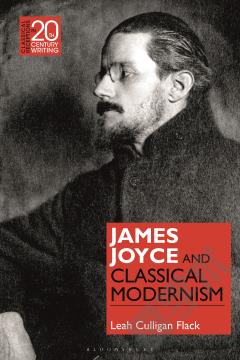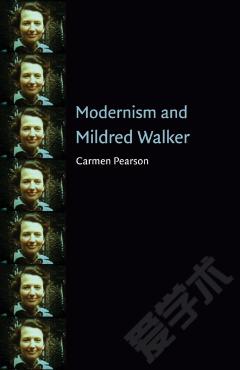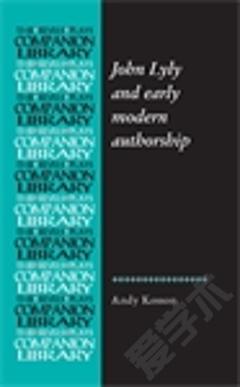John McGahern and Modernism
John McGahern's work is not easily conceived of as belatedly modernist. His memorialising, faintly archaic style implies a concern with 'making it old' rather than new, suggesting the symptomatic diffidence of many who wrote in the wake of modernism. Nevertheless, McGahern's statements about the 'presence' of words and the hard-won impersonality of the artwork point to a covert engagement with modernist aesthetics. Offering intertextual interpretations of McGahern's six novels, and of thematically grouped short stories, Richard Robinson reads McGahern's fiction alongside writing by Joyce, Proust, Yeats, Beckett, Nietzsche, Lawrence and Chekhov, amongst others. Drawing out the ways in which McGahern's fiction conceals and reveals its modernist traces, this study considers subjects such as 'low' modernism, the complexity of McGahern's time-writing and his dialectical construction of the relationship between cultural tradition and modernity in Ireland. McGahern's narratives of melancholic return are often read psycho-biographically, but they also involve a return to the remnants of literature, including that of the modernist canon. This book will be of interest not only to McGahern scholars but also to those who contemplate the compromised legacies of literary modernism in late-twentieth century and contemporary writing.
{{comment.content}}








 京公网安备 11010802027623号
京公网安备 11010802027623号